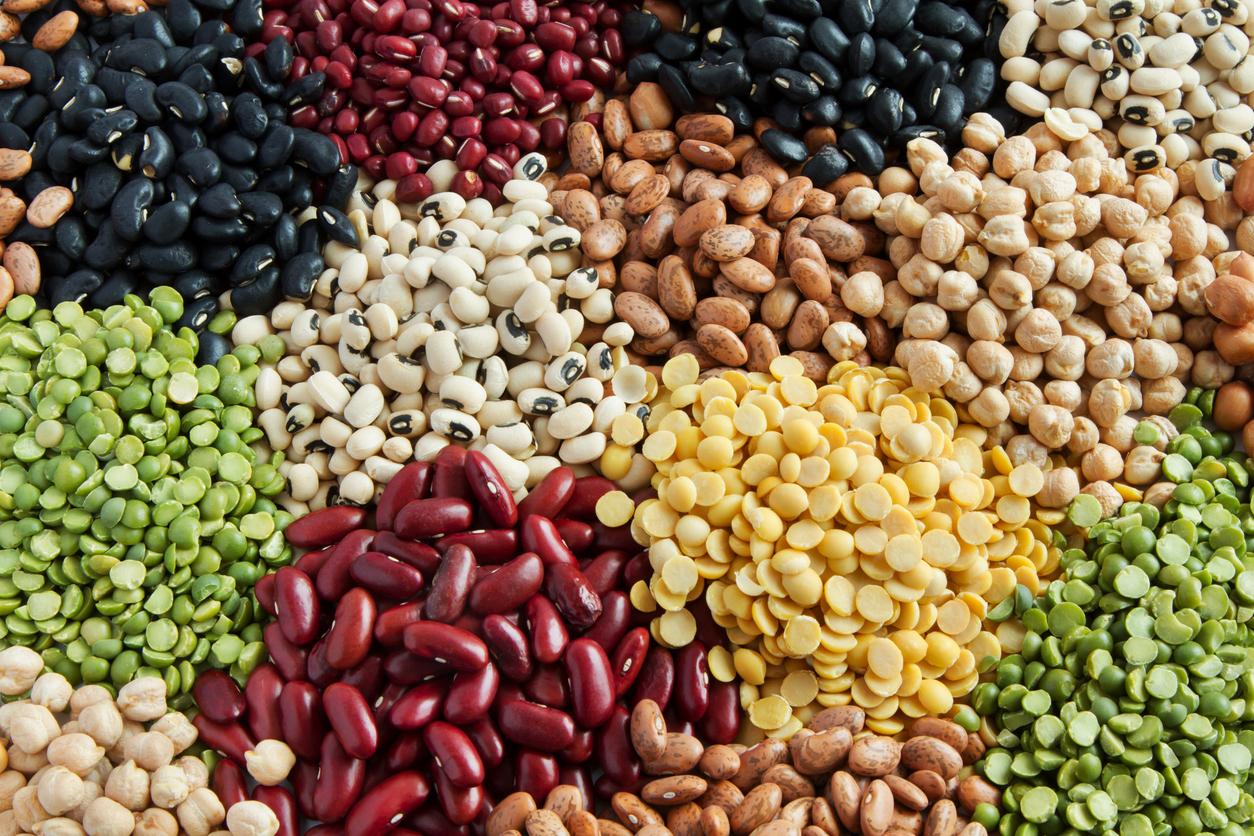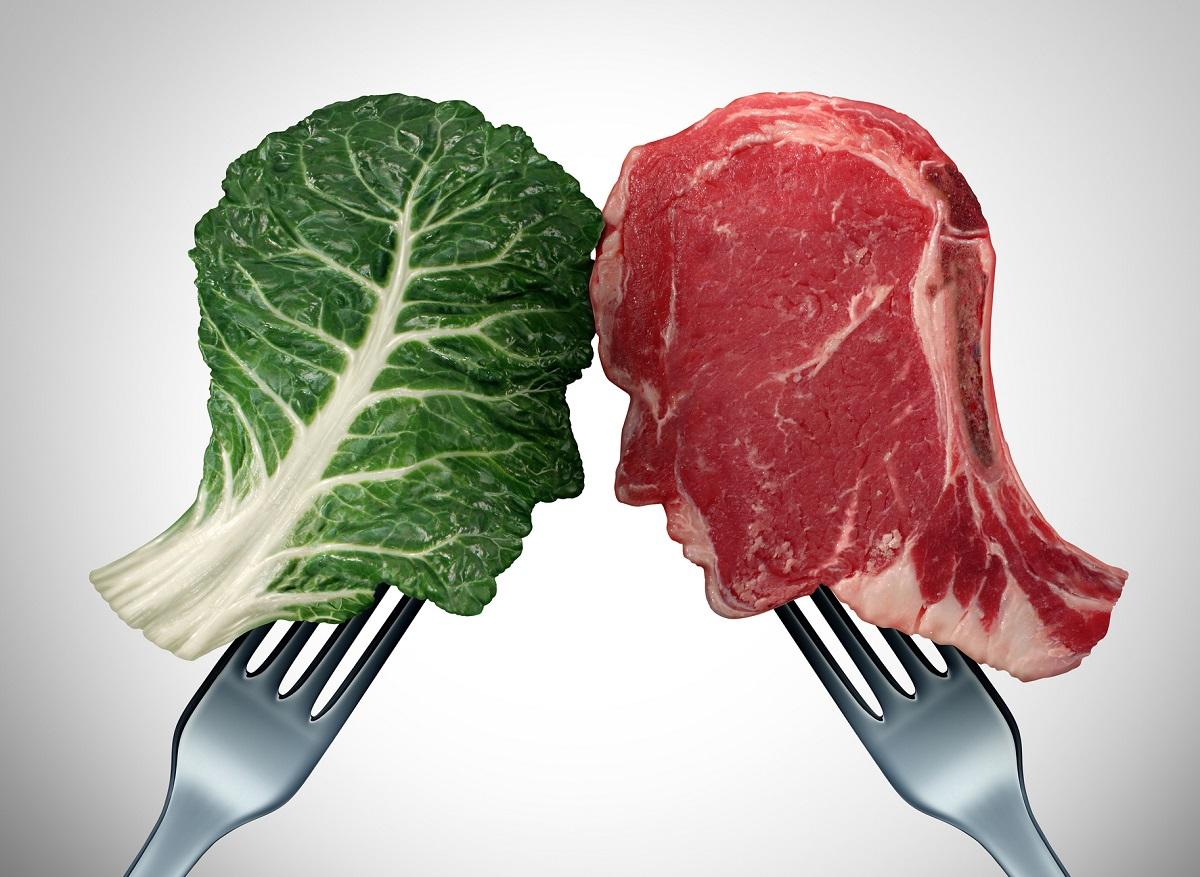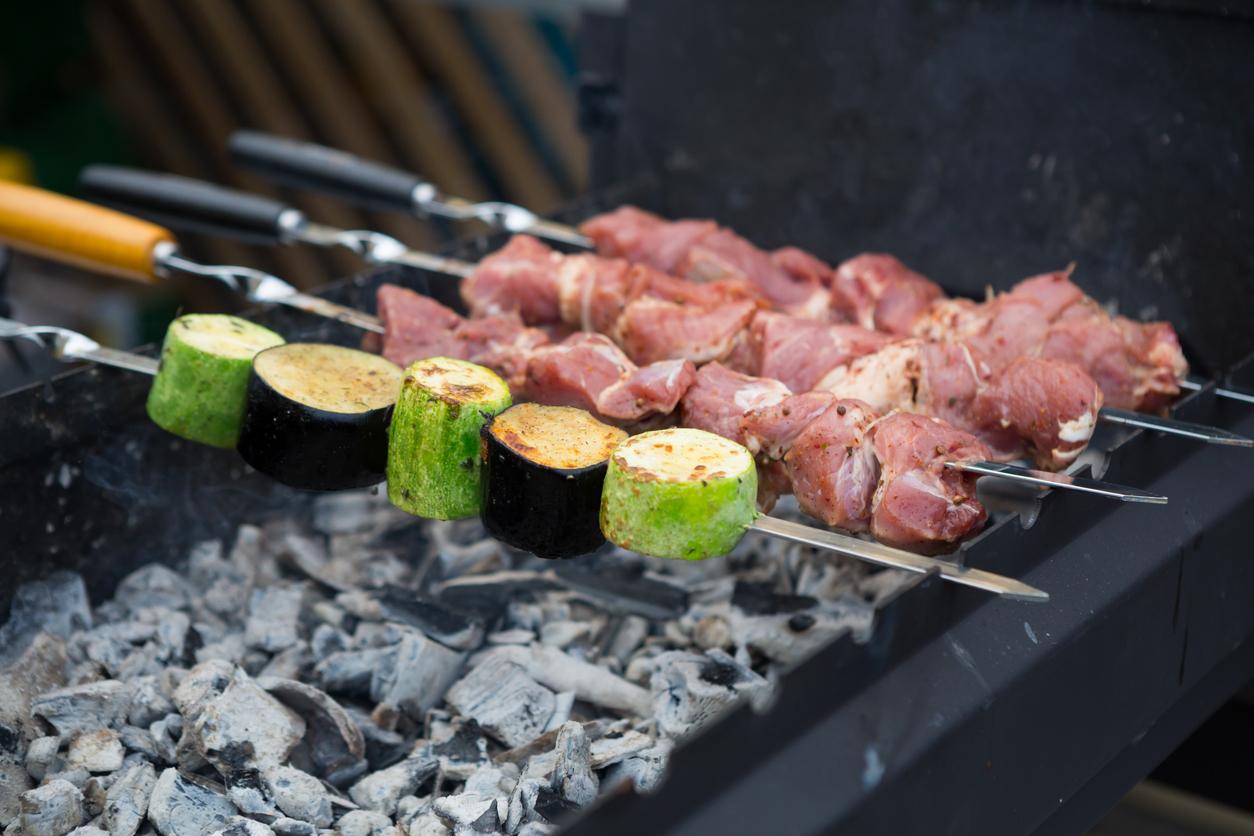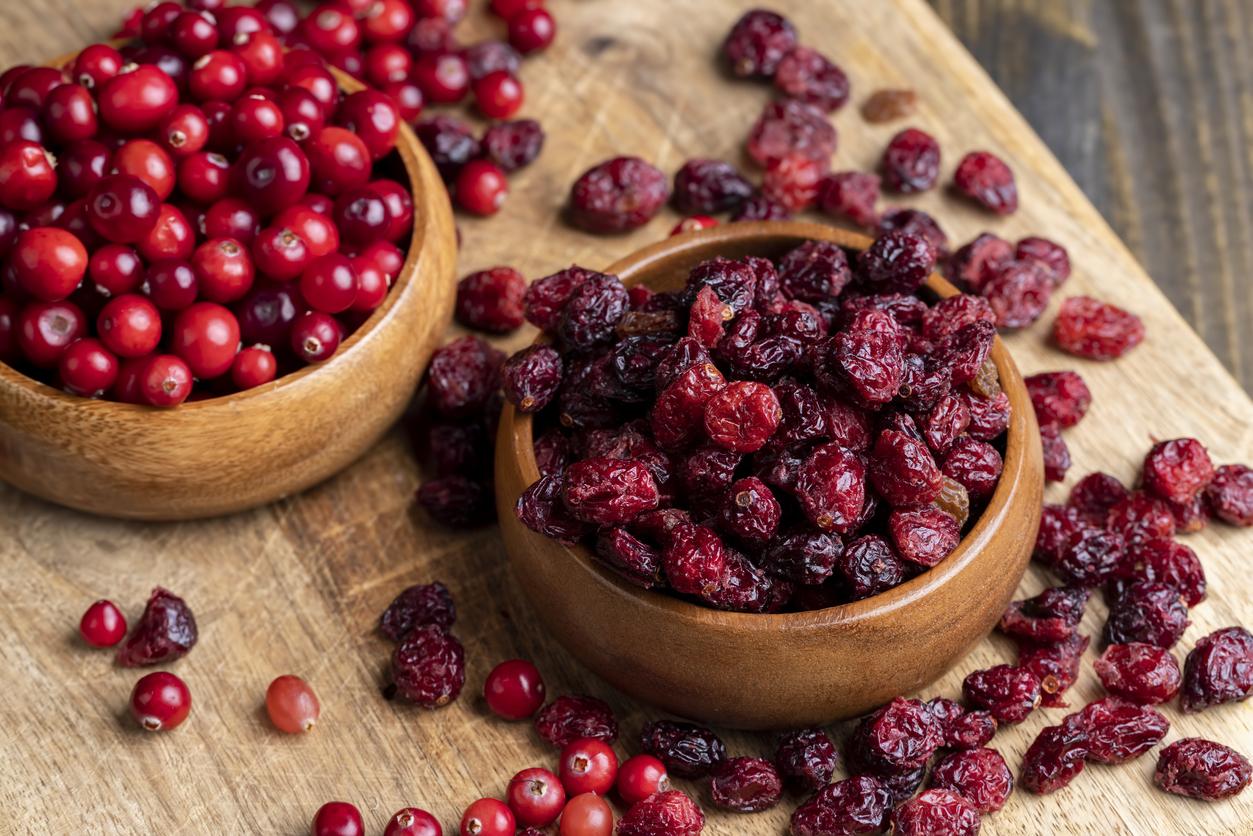Two hunters from Pyrénées-Orientales (66) developed trichinellosis after eating undercooked wild boar meat. In a press release published this Friday, January 29, 2021the Departmental Federation of Pyrénées-Orientales Hunters emphasizes that if this disease “[reste rare]the increase in wild boar populations and the evolution of our culinary cultures could contribute to the increase in contamination“.
Trichinellosis: what is it exactly? First thing to know: trichinellosis is a zoonosis, that is to say a disease transmitted to humans via animals. At the origin of this pathology, there is a microscopic parasite: Trichinella. This tiny worm is likely to infect almost all mammals: it can be found in particular in horses, wild boars, pigs, bears, badgers…
Humans can be infected with the parasite Trichinella after consumption of contaminated and insufficiently cooked pork, wild boar or horse meat. It should be noted that uncooked charcuterie (cured ham, smoked meat, etc.) can also be a vector of Trichinella. This worm is present on all continents except Asia.
Trichinellosis, a parasitic disease transmitted by horse, pork or wild boar meat
Trichinellosis: what are the symptoms? If, in animals, infection with Trichinella is usually asymptomatic, in humans, trichinellosis can result in serious symptoms after an incubation time of about 48 hours:
- A fever above 37.5°C,
- Stomach aches (abdominal pain),
- Digestive disorders (nausea, diarrhea, vomiting, etc.),
- 15 days after the parasitic infection: myalgia (muscle pain), abnormal muscle weakness, facial edema (swelling of the face),
- If the infection is not treated: cardiac (myocarditis, etc.) and neurological (hemiparesis) complications.
Trichinellosis: how is it treated? The diagnosis of trichinellosis is made after clinical examination and biological assessment (blood test): in some cases, the doctor may also prescribe a muscle biopsy (because the parasite settles in the muscle cells).
The treatment of trichinellosis is based on the administration of deworming drugs (benzimidazoles) associated with corticosteroid therapy. Considered a collective food poisoning (TIAC), trichinellosis is a notifiable disease.
To prevent this parasitic disease, it is essential to cook pork, wild boar and horsemeat thoroughly: to a minimum of 71°C.
Sources:
- Vidal Encyclopedia
- Ministry of Solidarity and Health
- National Agency for Food, Environmental and Occupational Health Safety (ANSES)
Read also :
- Ambition linked to the toxoplasmosis parasite
- He becomes paralyzed after swallowing a slug
- Scientists finally know how you get giardiasis
















